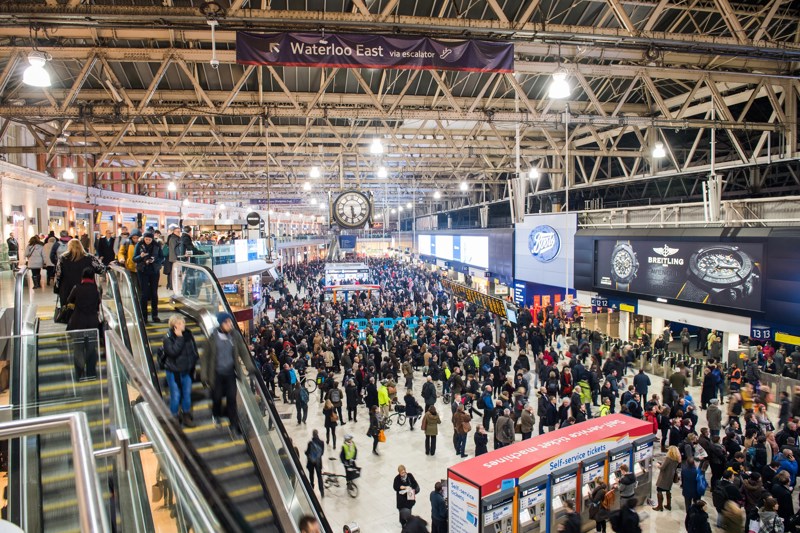
The government has launched a consultation which will last for eight weeks on its ambitious plans for a major overhaul of the country’s railway system.

The government has launched a consultation which will last for eight weeks on its ambitious plans for a major overhaul of the country’s railway system.
The proposals, revealed today (February 18), set out the framework for the Rail Reform Bill that will establish Great British Railways (GBR) which the government hopes will fundamentally reset the industry.
The consultation builds on the overarching vision of the reform bill which passed through parliament in 2024– to bring track and train back together, with the idea that these will address long-standing problems within the railway network, including timetable disruptions, investment, fragmentation and outdated practices.
The consultation launched today outlines its plans to set up a new independent passenger watchdog which will have powers to hold operators to account. The DfT will also be seeking views on whether the watchdog will have the powers to set minimum standards for accessibility and passenger information as well as ensure GBR is tackling issues directly related to passengers, including ticketing, poor performance and journey information. It will also be able to publish reports highlighting where GBR has fallen short and under the plans, will have the authority to investigate persistent service issues and escalate matters to the railway regulator when necessary. The DfT has also revealed GBR will have a legal obligation to consult the new watchdog on any changes or decisions which would affect passengers.
However, the Campaign for Better Transport said that whilst in principle, a passenger watchdog was a step forward, it needed statutory powers to be successful.
Paul Tuohy, Chief Executive of Campaign for Better Transport said: “Whilst we support the creation of a new Passenger Watchdog in principle, we will need to see what this means in practice, and whether this new Watchdog will have any teeth to hold Great British Railways to account when it needs to.”
“We’re giving passengers a powerful voice with a new watchdog dedicated to addressing their biggest concerns, building railways people can trust, improving our services and boosting the economy in the process – the priority in our Plan for Change."
Private sector investment is also at the forefront of its plans, with the government intending on encouraging growth within the sector with what it describes as ‘billions of pounds to be channelled into the private sector supply chain.’
A plan for rolling stock (which under the current plans will continue to exist within the private sector) will also be drawn up, as the government looks at ways to kickstart an industry which has struggled with an uncertain economy and faltering order books.
Questions on the future of open access under the new GBR has not been fully answered in the consultation document although it does state that competition on ‘certain routes’ which adds additional travel options would still be considered. The Department for Transport recently recommended refusal on several open access application’s including FirstGroup and Virgin Group’s East Coast Main line and West Coast Main line applications.
The industry will be able to have its say on the role of devolution within rail reform. Mayor of Greater Manchester, Andy Burnham is keen on having a greater say on the city's transport decisions with a radical overhaul of local authorities’ powers tabled within the rail reform bill. Under the plans, regions will have a statutory role in planning its transport needs.
Burnham has said that the bill is a “once-in-a-generation opportunity” to ensure the future of the railways in the country with plans in the consultation allowing local authorities to set ticketing structures and better control budget and investment for their regions.
The Railway Industry Association however called for further certainty for the industry.
“RIA has consistently called for Government to move forward with industry reform. More than anything, businesses supplying the railway need clarity and certainty over the Government’s plans for the sector, so that they can invest with confidence.”, Railway Industry Association (RIA) Chair Noel Travers said.
“RIA will continue to champion the need to collaborate with the supply chain as GBR is established, given that over half of all rail spending is through rail suppliers", Travers added.
Login to continue reading
Or register with RAIL to keep up-to-date with the latest news, insight and opinion.


















Login to comment
Comments
No comments have been made yet.